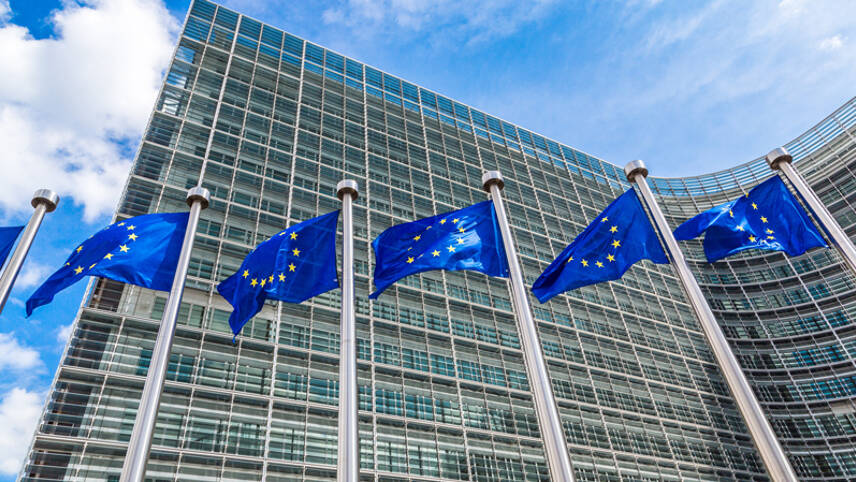Register for free and continue reading
Join our growing army of changemakers and get unlimited access to our premium content

In March 2022, the European Commission proposed a law to empower consumers, which, following the conclusion of negotiations between EU countries and Parliament, will now ban companies from claiming that their products are climate-neutral.
“We have achieved an excellent deal for consumers,” said the Socialists & Democrats’ Biljana Borzan, a Croatian EU lawmaker who spearheaded the negotiations on behalf of Parliament.
The law, which still requires final approval by EU countries and the parliament’s plenary assembly – a formality – will be felt from 2026, as EU countries will be given two years’ time to adopt the changes.
Greenwashing, the practice of making misleading claims as to a product’s climate friendliness, is expected to cease rather quickly. “We are clearing the chaos of environmental claims, which will now have to be substantiated, and claims based on emissions offsetting will be banned,” said Borzan.
In practice, the changes will mean that companies are effectively prohibited from making such claims altogether.
“There is no such thing as ‘carbon-neutral’ or ‘CO2 neutral’ cheese, plastic bottles, flights or bank accounts. Carbon-neutral claims are greenwashing, plain and simple,” said Ursula Pachl, the deputy director of EU consumer advocates BEUC.
Frequent fliers may soon notice changes in airlines’ booking interfaces, where suspiciously cheap carbon offsetting offers will no longer be allowed to sell “climate-neutral” flying. After all, carbon offsetting is a practice reviled by activists for the rampant fraud in the industry and its non-permanent nature.
“The EU is sending a powerful signal to the voluntary carbon market: the era of offsetting is over,” said Gilles Dufrasne, policy lead at Carbon Market Watch.
The new law will also firm up rules around environmental claims, which will have to be backed by proof of recognised performance. Widespread product affixes like “Eco” and “natural” will need to be backed by solid evidence.
“The agreement is good news for all who want to shop sustainably,” cheered Anna Cavazzini, a green EU lawmaker in charge of the consumer protection committee.
Similarly important – product labels are slated to receive a major boost as well. Expected product lifetime will need to be declared by their sellers. “It’s important that consumers are informed on how long a washing machine or TV is expected to last,” said Pachl.
In practice, the impacts of the measure are far from certain. “Companies are smart, and we’ll need to observe how they react to this,” said Elisa Martellucci of the standards group Ecos.
One down, two remain
The adopted law is one of three designed to make products fit for a Europe heading towards climate neutrality. While their proponents cheered the success of the law empowering consumers, its two sister-laws are in danger of drowning in the hubbub of the looming EU elections.
“All untrustworthy green claims must be eradicated,” stressed the standards group Ecos, pressing for the EU to make progress on two related laws: the green claim directive and the carbon removal certification framework.
Both laws were proposed in March 2023 and progress has been described as “slow.”
Nikolaus J Kurmayer, EurActiv.com
This article first appeared on EurActiv.com, an edie content partner


Please login or Register to leave a comment.